What Is the ICSI treatment procedure?
Intracytoplasmic Sperm Injection, or ICSI, is a sort of assisted reproductive technology (ART) used to treat infertility in couples where the male partner has a low sperm count or motility. A single sperm is injected into an egg taken from the female partner during the operation, which results in the egg being implanted into the uterus. The following steps are commonly included in the ICSI procedure:
- Ovarian Stimulation: To encourage the female partner’s ovaries to generate lots of eggs, fertility medications are used by our doctor.
- Egg Retrieval: When the eggs are ready, a needle is used to remove them from the ovaries under the guidance of ultrasound imaging.
- Sperm collection: To collect the healthiest sperm for injection, Medicheck hospital processes a sample of semen provided by the male partner.
- Sperm Injection: Using a micropipette, a single sperm is administered directly into each mature egg.
- Embryo Development: The fertilised eggs are grown in our lab for 2 to 5 days until they reach the blastocyst stage.
- Embryo Transfer: Using a tiny catheter, the best quality embryo(s) are chosen and put into the female partner’s uterus.
Success Rate of ICSI Treatment
The quality of the sperm used, the experience of the fertility clinic executing the process, and the age and general health of the female partner are some of the variables that affect the success rate of ICSI. ICSI’s success rate, on the other hand, often varies between 50 to 80%.
When a male partner has a low sperm count or motility, or if the sperm has trouble accessing the egg, ICSI has been proven to be especially successful. In some circumstances, pre-implantation genetic testing (PGT) or intracytoplasmic morphologically selected sperm injection (IMSI) may be used with ICSI to further improve the chances of success.
If other ART methods have failed or certain medical issues prevent natural conception, ICSI may also be employed in those situations.
Book An Appointment
Commited To Trusted Health Care
Call Us at: (91) 7877111333
Our Treatments
Our Success Stories

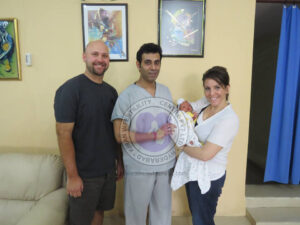

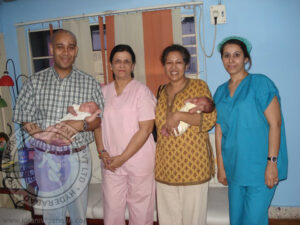
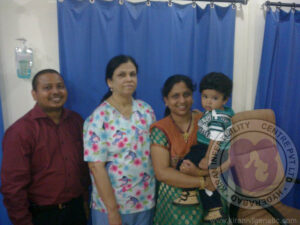







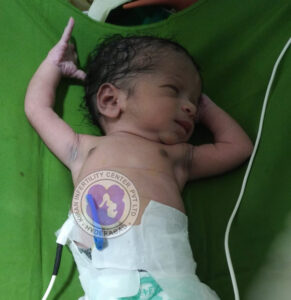


















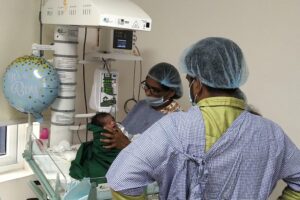





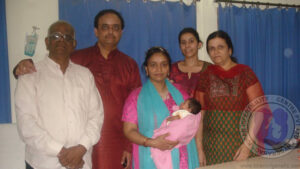





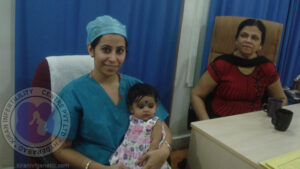





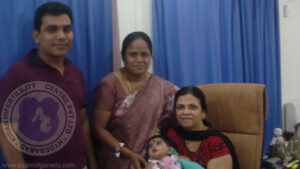



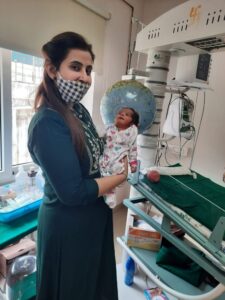
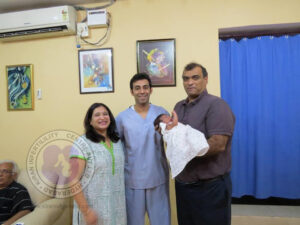




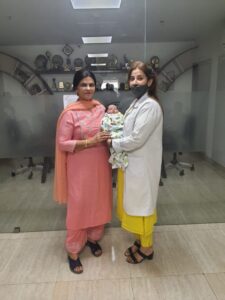
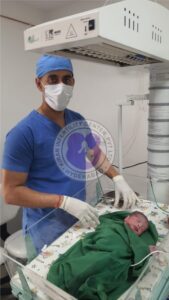
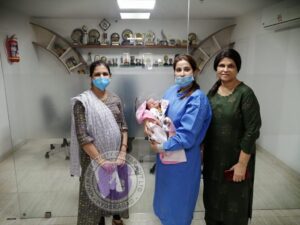
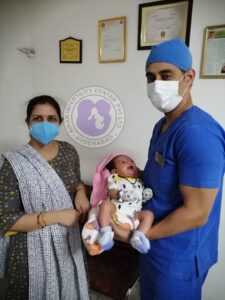


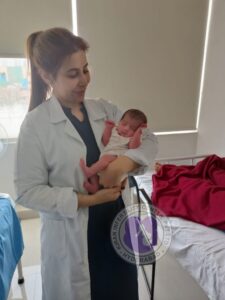
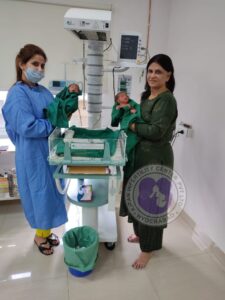
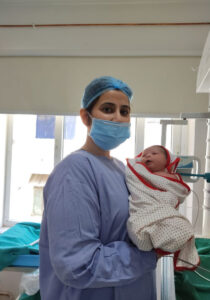
Benefits Of IVF And ICSI Infertility Treatment
With the aid of our intracytoplasmic sperm injection (ICSI) and in vitro fertilisation (IVF), numerous couples from all over the world have been able to have children. Our doctors use modern reproductive technologies to aid in fertilisation and embryo implantation. These procedures are a popular choice for those who are having problems getting pregnant because of their many benefits.
Importance of IVF
IVF is a form of assisted reproduction that involves fertilising eggs and sperm in a lab environment before implanting the resulting embryos into the uterus. The fact that IVF is a very successful method of treating infertility is one of its main advantages. Infertility brought on by several causes, such as endometriosis, male factor infertility, and ovulation abnormalities, can often be treated with IVF for many couples.
In addition, IVF makes it possible to pick healthy embryos, which can lower the risk of genetic diseases and improve the likelihood of a successful pregnancy. To detect genetic defects that could cause a miscarriage or other issues, pre-implantation genetic testing (PGT) can be done on embryos before they are transferred to the uterus. By doing this, the chance of a successful pregnancy can be increased by ensuring that only viable embryos are implanted.
Moreover, IVF provides the benefit of combining donor sperm or eggs, allowing couples dealing with specific types of infertility to still have a biological child.
Importance Of ICSI
A single sperm is directly injected into an egg during ICSI rather than allowing the sperm to spontaneously fertilise the egg. Male factor infertility, such as a low sperm count or poor sperm motility, is frequently treated with ICSI.
Our ICSI process can assist in overcoming male infertility, which would otherwise make natural conception challenging or impossible, which is one of its main advantages. ICSI boosts the likelihood of successful fertilisation by injecting a single sperm straight into the egg, bypassing any potential problems with sperm motility or count.
To identify viable embryos for implantation prior to the procedure, ICSI can also be performed in conjunction with pre-implantation genetic testing. This may lower the danger of genetic problems and raise the possibility of a healthy pregnancy. For couples experiencing infertility, this can raise their chances of getting pregnant.
Couples that struggle with infertility need treatments like IVF and ICSI. The embryo created by IVF is put into the uterus after the eggs and sperm are fertilised in a lab dish. An egg is fertilised using the ICSI procedure, which involves injecting just one sperm into the egg. For those who have trouble conceiving naturally, Kiran Infertility Centre, with branches in Hyderabad, Chennai, and Bangalore provides an opportunity to start a family.
Commited To Trusted Health Care
Get Your Quote Or Call: (91) 7877111333
